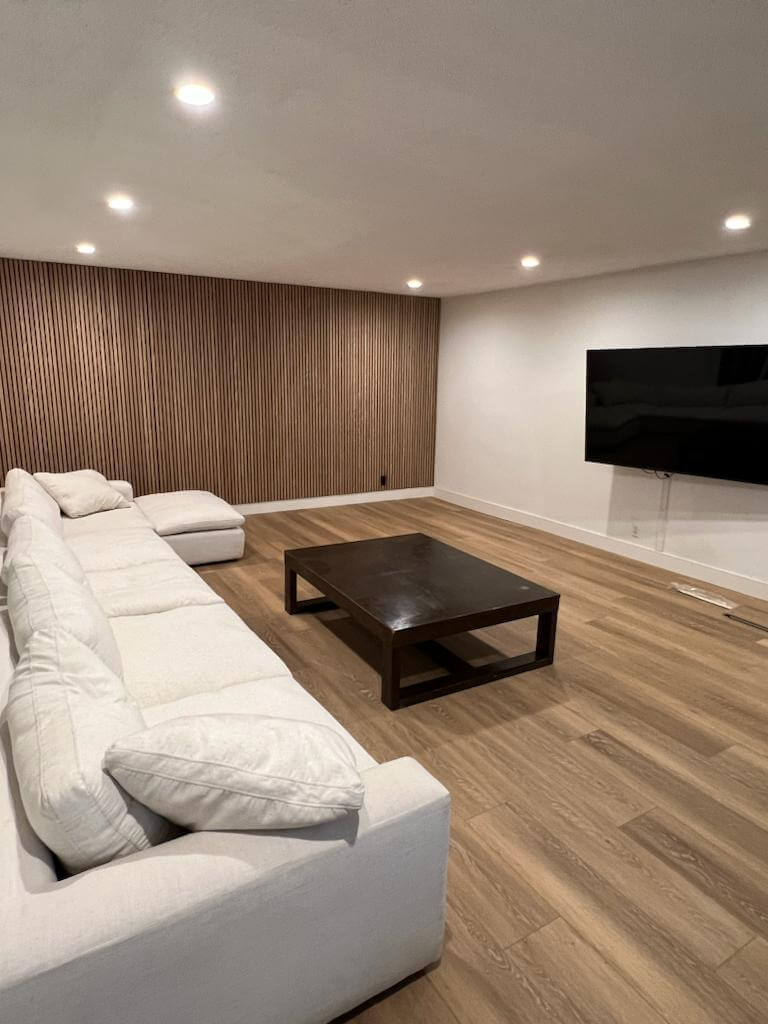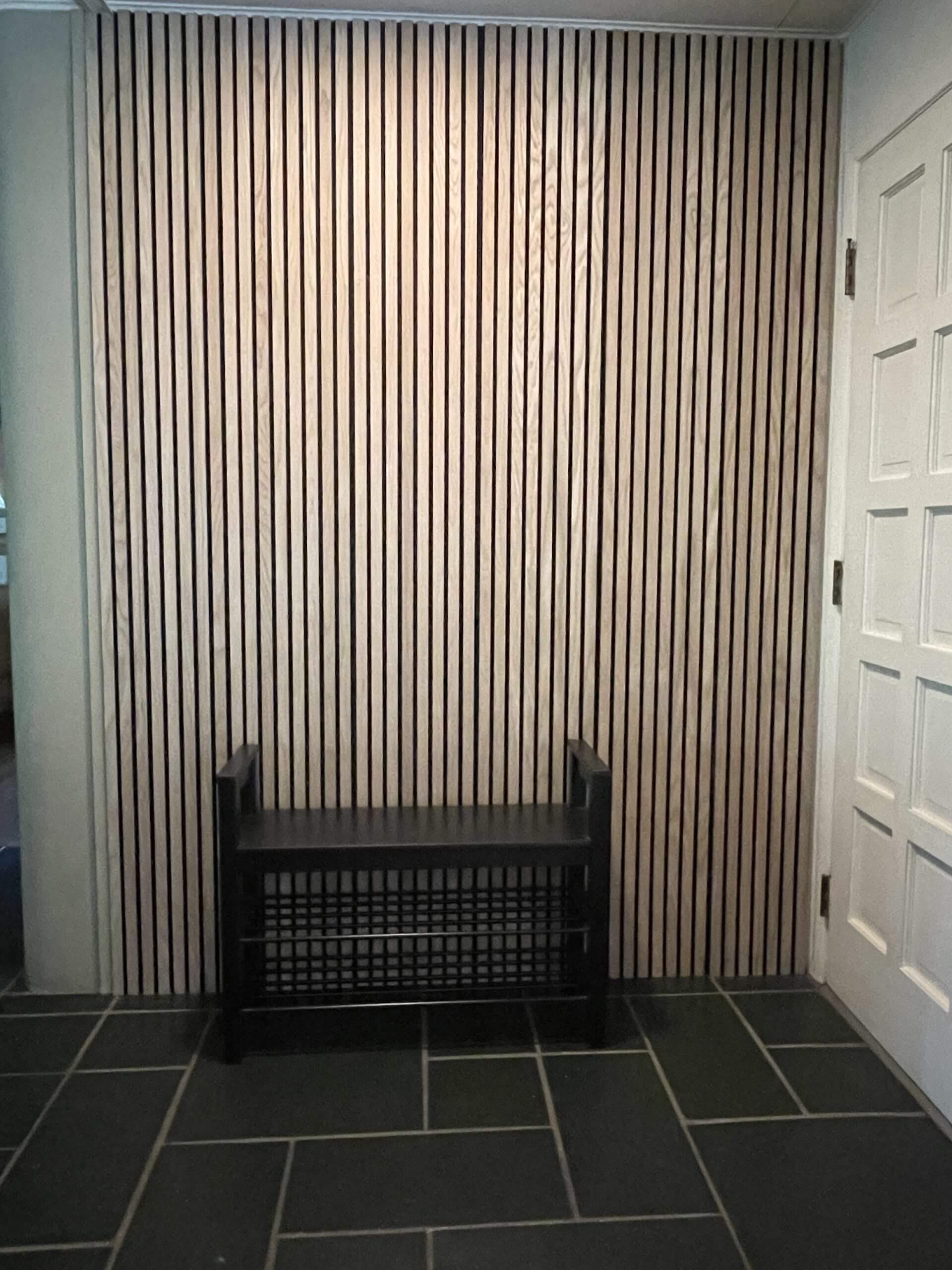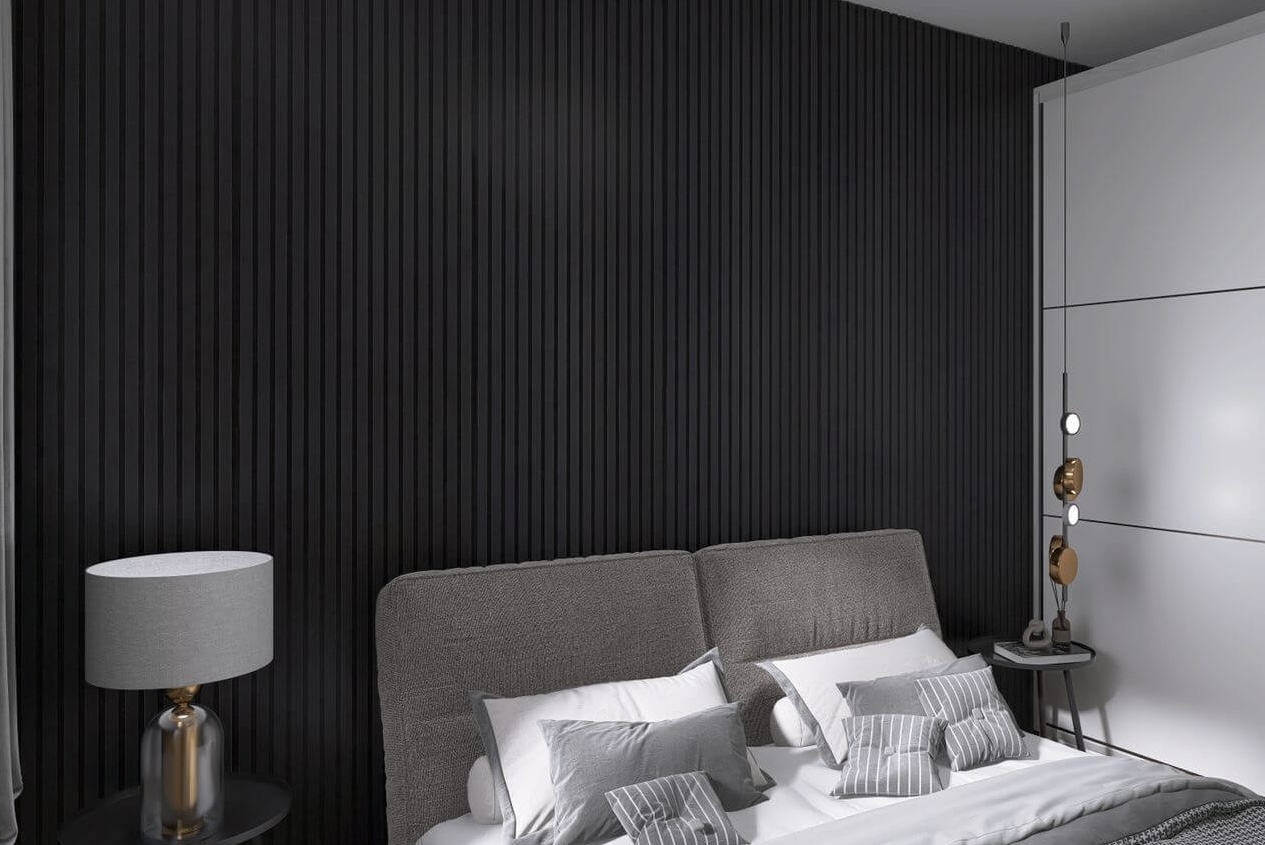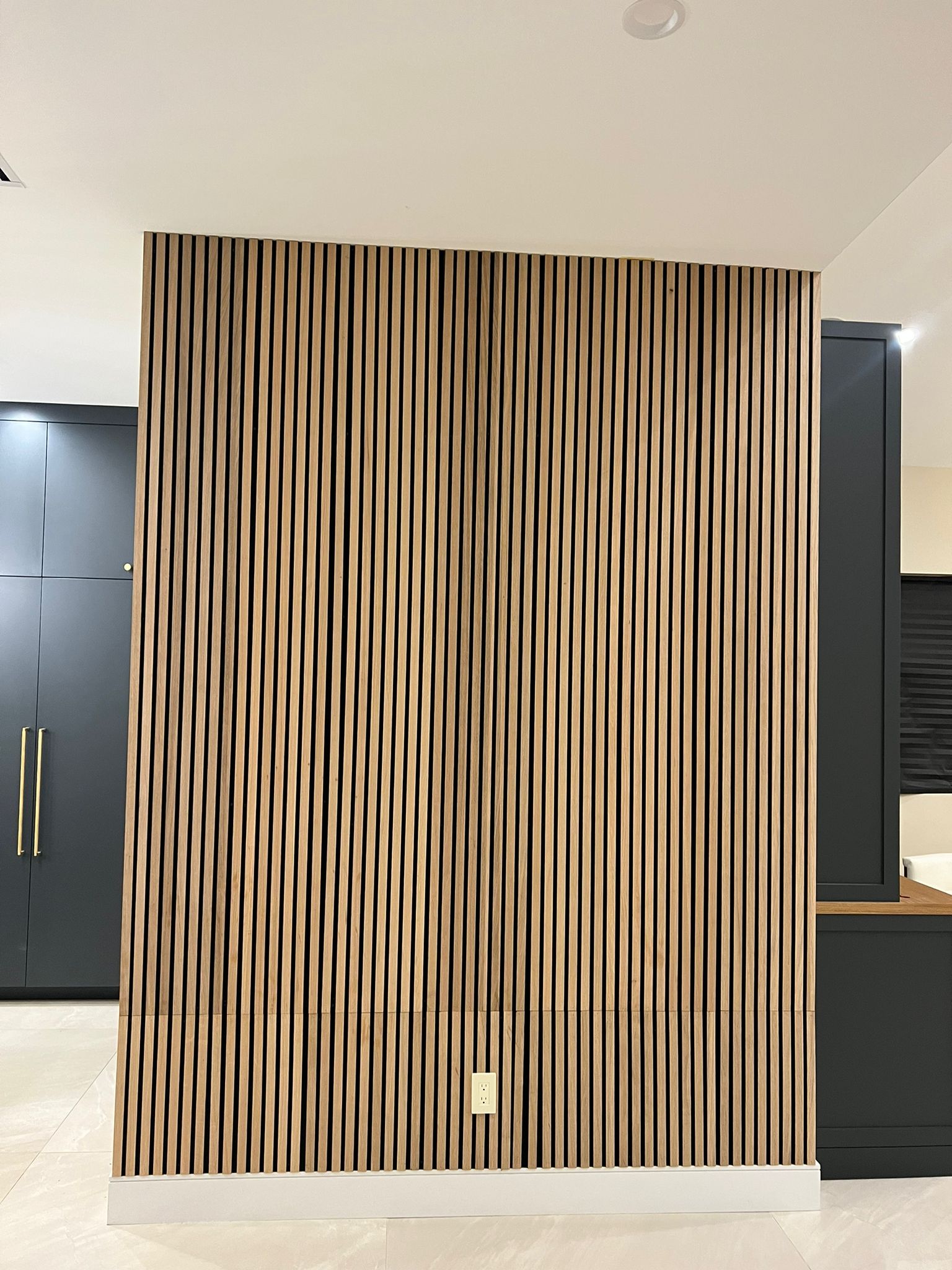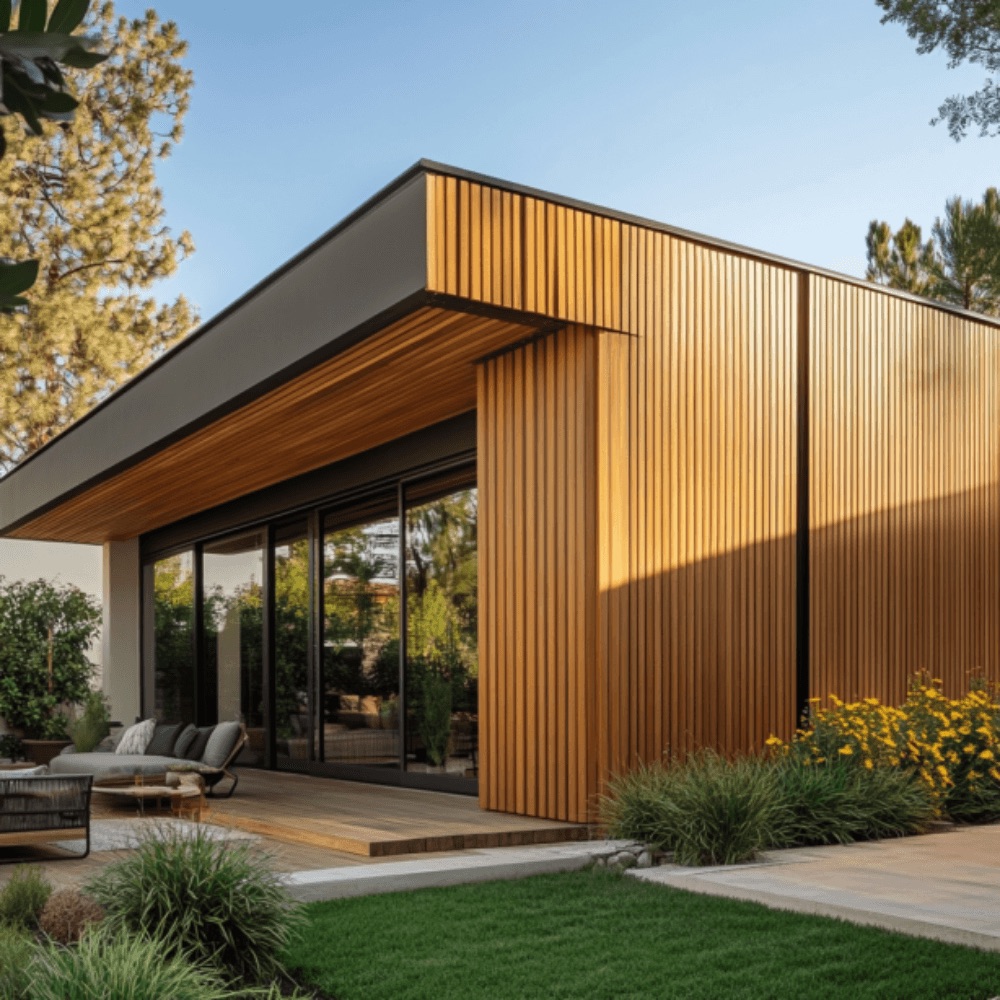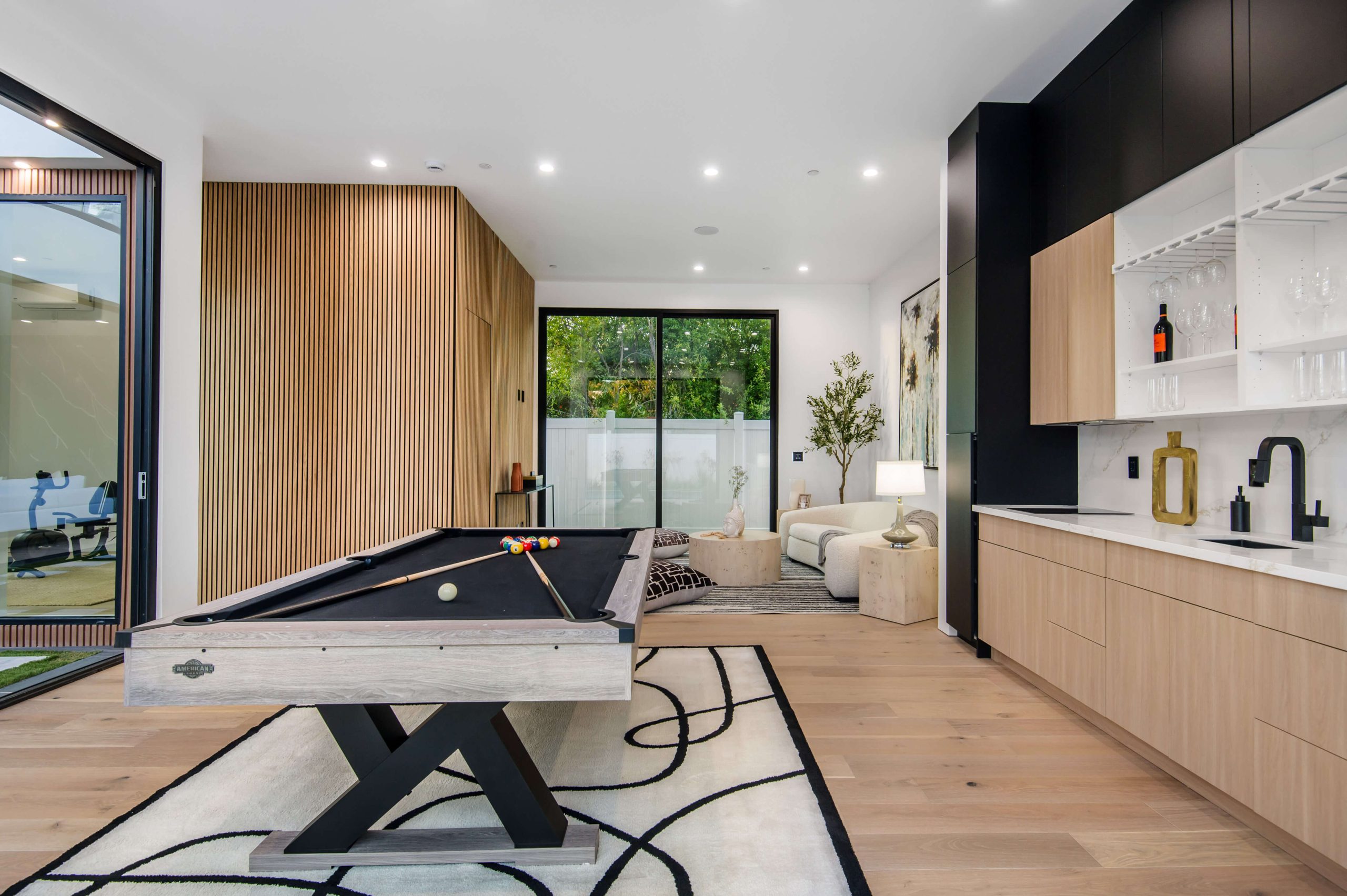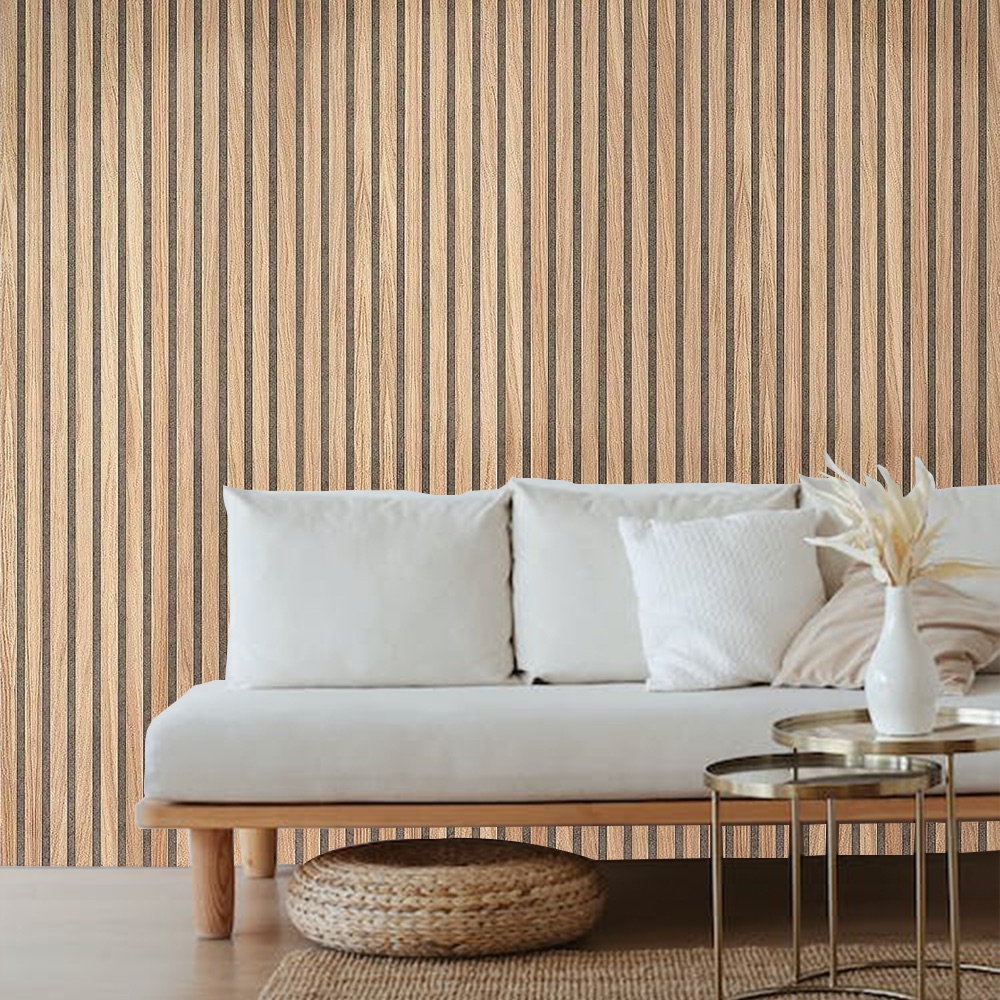When it comes to creating a quiet, controlled space, many people find themselves checking soundproof panels vs. acoustic panels. While these two types of wall treatments might seem similar at first glance, they serve very different purposes and have distinct characteristics. Let’s break down the key differences and understand which is best for your needs.
1. What Are Soundproof Panels?
Soundproof panels are designed to prevent sound from passing through walls, ceilings, or floors. They block noise from entering or leaving a room, making them an essential choice for spaces where noise control is a priority.
- Primary Function: Blocking sound transfer between rooms.
- Applications: Recording studios, offices, home theaters, and apartments.
- Materials Used: Dense, heavy materials like mass-loaded vinyl, fiberglass, or thick foam.
Common Materials Used in Soundproof Panels
| Material | Soundproofing Effectiveness | Common Uses |
|---|---|---|
| Mass-Loaded Vinyl | High | Walls, ceilings |
| Fiberglass Panels | Medium to High | Commercial studios |
| Acoustic Foam | Medium | Home projects |
Soundproof panels work by adding mass and damping properties, which help reduce noise transmission by absorbing sound waves and preventing them from escaping or entering a room.
2. What Are Acoustic Panels?
Acoustic panels, on the other hand, are meant to improve the sound quality within a room. They absorb sound waves and reduce echo and reverberation, making speech and music clearer.
- Primary Function: Enhancing sound clarity by reducing echo.
- Applications: Music rooms, auditoriums, offices, and home living spaces.
- Materials Used: Lightweight and porous materials such as fabric-wrapped foam or polyester fibers.
Example Use Cases:
- Recording Studios: Acoustic panels ensure high-quality sound recording by minimizing background noise and echoes.
- Home Offices: These panels create a comfortable environment for virtual meetings, ensuring voice clarity.
3. Differences in Functionality: Soundproof vs. Acoustic Panels
Understanding the difference between soundproof vs. acoustic panels is essential for making the right decision.
Soundproof Panels:
- Block Sound: Prevent sound transmission between rooms.
- Heavy and Dense: Use materials that add mass to walls.
- Applications: Ideal for spaces where complete sound isolation is needed.
Acoustic Panels:
- Absorb Sound: Minimize internal noise by reducing echo and reverberation.
- Lightweight: Made with materials that are porous and effective at sound absorption.
- Applications: Best for spaces needing improved sound quality rather than isolation.
Key takeaway: If you need to prevent noise from entering or leaving a room, opt for soundproof panels. For enhanced sound quality and reduced echo, acoustic panels are the better choice.
4. How to Choose Between Soundproof Vs. Acoustic Panels
Choosing between soundproof and acoustic panels depends on your specific needs. Here’s a step-by-step approach:
- Identify Your Main Goal:
- If your goal is to prevent noise from disturbing your space, choose soundproof panels.
- If you want to improve sound clarity within the room, opt for acoustic panels.
- Consider Your Environment:
- Soundproof panels are great for urban homes or buildings with thin walls.
- Acoustic panels are more suitable for offices, classrooms, and studios.
- Evaluate Budget and Installation:
- Soundproof panels generally cost more due to their dense materials and often require professional installation.
- Acoustic panels are typically more affordable and easier to install.
Quick Comparison Table:
| Feature | Soundproof Panels | Acoustic Panels |
|---|---|---|
| Primary Purpose | Blocks external/internal noise | Enhances internal sound quality |
| Material Density | High | Low |
| Best Use Cases | Recording studios, offices | Music rooms, classrooms |
| Installation Complexity | Higher, often professional | Lower, DIY-friendly |
5. Installation Tips for Maximum Effectiveness
Both panel types require specific installation practices for maximum effectiveness:
Installing Soundproof Panels:
- Wall Coverage: Cover walls completely for best results.
- Seal Gaps: Ensure there are no open spaces around the edges where sound can pass through.
Installing Acoustic Panels:
- Strategic Placement: Place panels at reflection points to minimize echo.
- Spacing: Leave small gaps between panels for effective sound absorption.
FAQs: Soundproof vs. Acoustic Panels
-
Can soundproof panels be used for better sound quality inside a room?
While they do help with some noise control, soundproof panels are primarily for blocking sound and don’t enhance internal sound quality. Acoustic panels are better for that purpose.
-
Do acoustic panels reduce noise from outside the room?
No, acoustic panels are designed to improve sound within the room and do not block external noise.
-
Are there DIY options for either type of panel?
Yes, acoustic panels can often be installed as a DIY project, while soundproof panels might require professional installation due to their weight and complexity.
-
What is the typical lifespan of these panels?
Both types can last for many years if maintained properly, though soundproof panels may last longer due to their robust materials.
-
Can you combine soundproof and acoustic panels?
Yes, using both can create a room that is soundproof and has excellent acoustic quality, ideal for professional recording spaces.
By understanding the main differences between soundproof vs. acoustic panels, you can make an informed decision that meets your specific needs. Whether you want a quiet space free of outside noise or a room with crisp, clear sound quality, choosing the right panel is key to achieving the perfect acoustic environment.

